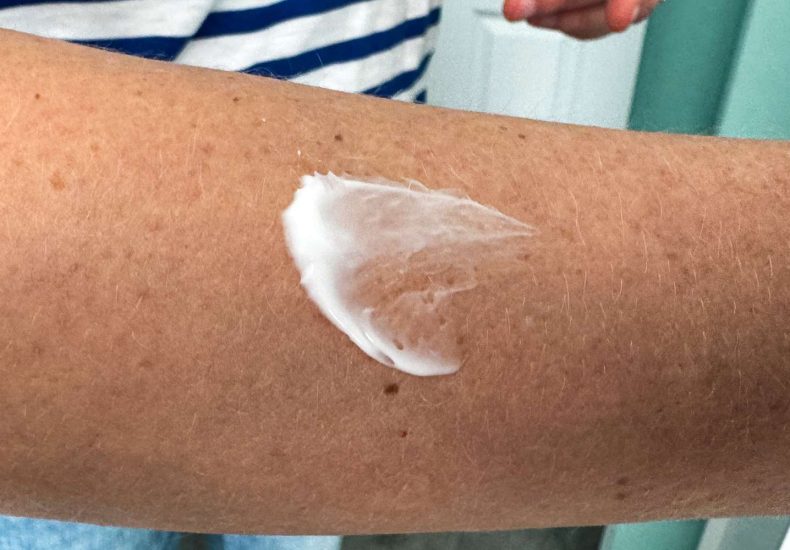
Best Allergy Itch Relief Medicine: Effective Treatments
Dealing with allergic itching can be frustrating and uncomfortable. Whether it’s caused by dust, food, or insect bites, an allergy flare-up can disrupt your daily activities. Fortunately, several effective anti-itch allergy medicines can help relieve symptoms quickly while preventing further irritation.
Understanding Allergy Itching
Allergic itching occurs when the body’s immune system reacts to certain substances, known as allergens. Common triggers include pollen, animal dander, seafood, or medications. When exposed, the body releases histamine — a chemical that causes redness, swelling, and the urge to scratch. Therefore, the right medication focuses on reducing histamine activity and calming the skin.
Fast-Acting Antihistamines
One of the most recommended treatments for allergic itching is antihistamines. These medicines block histamine receptors in the body, effectively reducing itching and redness. Popular over-the-counter options include cetirizine (Zyrtec), loratadine (Claritin), and fexofenadine (Allegra).
For more severe cases, doctors may prescribe hydroxyzine or diphenhydramine (Benadryl). However, these can cause drowsiness, so it’s best to take them before bedtime. In addition, antihistamine creams or gels can be applied directly to affected skin for faster local relief.
Topical Corticosteroids
If itching comes with inflammation or rashes, topical corticosteroids such as hydrocortisone or triamcinolone are highly effective. These creams help reduce swelling and redness within hours. Moreover, they are suitable for treating eczema, dermatitis, or insect-related allergic reactions.
When using steroid creams, apply only a thin layer to the affected area. Overuse may cause skin thinning, so follow medical advice for safe application.
Natural and Home Remedies
Besides medication, several natural ingredients can ease allergic itching. Aloe vera gel and oatmeal baths are popular for soothing irritated skin. Meanwhile, applying a cold compress can reduce swelling and provide immediate relief. Drinking enough water also helps maintain skin hydration, which supports faster recovery.
When to See a Doctor
If itching persists for more than a few days or is accompanied by swelling, fever, or difficulty breathing, seek medical attention immediately. Persistent allergic reactions may require stronger treatment, such as corticosteroid tablets or immunotherapy.
Conclusion
Choosing the right allergy itch relief medicine depends on the cause and severity of the symptoms. Antihistamines and topical corticosteroids remain the most effective options for fast relief. Combined with proper skincare and hydration, these treatments can help you overcome allergy discomfort and restore healthy, calm skin.
Read More : Dolce & Gabbana Invites Moon Ga-young to Jakarta for DG Beauty